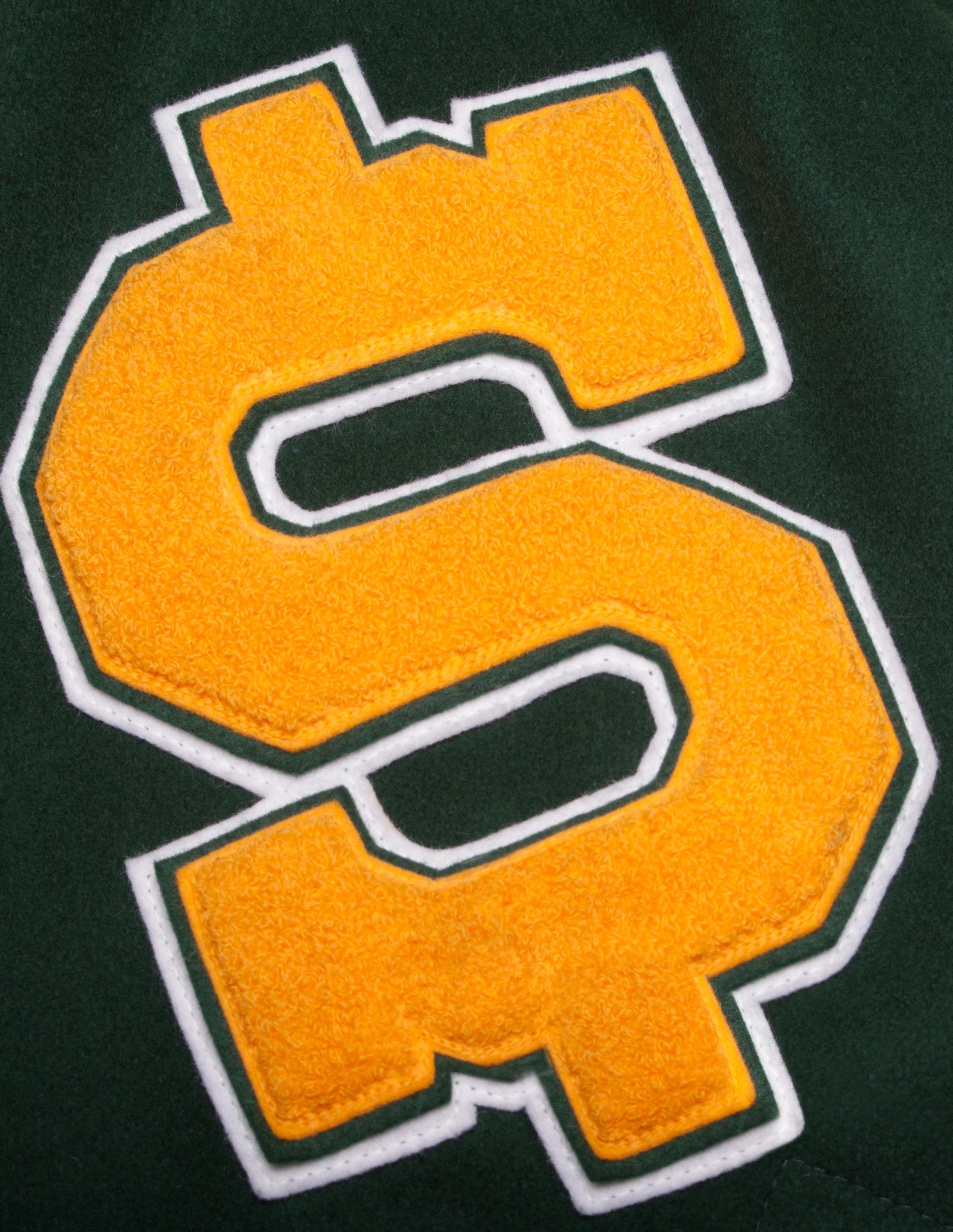
4 minute read
By J’Naia L. Boyd • Rivkin Radler LLP
Student-Athlete Sponsorship Deals in 2022...
...What Businesses Should Know
J’Naia L. Boyd Rivkin Radler LLP
Since the National Collegiate Athletic Association (NCAA) adopted its Interim Name, Image, and Likeness (NIL) Policy in June 2021, which allows college athletes to receive NIL-based compensation, businesses and athletes alike have capitalized on the new rules by entering into varied sponsorship deals. These collaborations between businesses and athletes have ranged from multimillion-dollar endorsement deals to local shops engaging athletes for social media advertisement. However, with the fluidity of the NIL rules from the NCAA to the state level and the lack of federal guidance, businesses should keep pace with the ever-changing landscape and know whether potential deals meet all NCAA, state and school requirements.
If you are contemplating a student-athlete sponsorship deal, the following information will help you prepare.
IMPORTANT BACKGROUND
On June 21, 2021, the United States Supreme Court made a landmark ruling in Nat’l Collegiate Athletic Ass’n v. Alston, where it held that the NCAA violated federal antitrust laws by imposing rules restricting the education-related benefits that student-athletes may receive, such as post-eligibility scholarships at graduate or vocational schools. Nine days later, the NCAA adopted the Interim NIL Policy. The NCAA’s Interim NIL Policy provides the following guidance: • Individuals can engage in NIL activities that are consistent with the law of the state where the school is located. Colleges and universities may be a resource for state law questions. • Individuals can use a professional services provider for NIL activities. • College athletes who attend a school in a state without an NIL law can engage in an NIL activity without violating NCAA rules related to name, image and likeness. • State law and schools/conferences may impose reporting requirements.1
EVOLVING NIL LANDSCAPE
The NCAA’s open-ended Interim NIL Policy will likely transform into more specific rules given the recent adoption of a new NCAA constitution. On January 20, 2022, NCAA member schools voted to approve a streamlined version of the NCAA constitution, which imparts certain NCAA principles and values for member schools to follow. As to NIL, the constitution specifically provides that “[s] tudent-athletes may not be compensated by a member institution for participating in a sport, but may receive educational and other benefits in accordance with guidelines established by their NCAA division,” which aligns with the NCAA’s current rules forbidding payfor-play and improper inducement for enrollment at schools. Guided by this principle and others, each division of the NCAA (Divisions I, II and III) will review division-specific legislation and draft rules by August 1, 2022, that will govern their member schools and conferences. Therefore, when crafting sponsorship deals, businesses should be aware of any division-specific NIL rules that may be adopted in late 2022.
Businesses should also heed the various state laws that have recently taken effect. While states like Alabama, Colorado, Florida, Georgia, Illinois, Ohio and Pennsylvania had NIL legislation that went into effect immediately after the adoption of the Interim NIL Policy, new states like Michigan, Arkansas and Nevada have joined the NIL ranks this year. These new laws impose specific requirements and restrictions such as disclosing proposed NIL contracts to school officials; prohibiting athletes from engaging in NIL promotions during practice, competition or other intercollegiate athletic activity; and allowing institutions to require athletes to take courses in or receive education or training in contracts and financial literacy.
As the NCAA rules do not largely apply to high school athletes, businesses should likewise be cautious in navigating the state and high school athletic federation rules concerning those athletes. Several states still have rules prohibiting high school athletes from profiting from their name and likeness. High school students in large college sports states like Texas and Georgia, for example, will lose their amateur status by capitalizing on their athletic fame.
These rules, much like the NCAA’s regulations, are also in flux. Since the adoption of the Interim NIL Policy for college athletes, some states have reversed their stance. In New York, high school athletes were previously barred from receiving money or gifts of monetary value from businesses capitalizing on the athletes’ athletic ability. However, in October 2021, New York joined states like California by allowing high school athletes to profit from their name and likeness. Nextdoor neighbor New Jersey also approved an amendment to its rules permitting high school athletes to enter the NIL realm. The bylaw amendment from the New Jersey State Interscholastic Athletic Association took effect on January 1, 2022, and includes certain restrictions on athletes relating to the use of their high school’s name or marks and also bans the promotion of adult entertainment products, alcohol, tobacco and cannabis products.2
A SEA OF NEW CHANGES
Moving into 2022, businesses engaging college and high school athletes for endorsement and sponsorship opportunities must stay abreast of new NIL rules that have taken shape across the country. Given the varied state laws, school rules and federation bylaws, combined with the impending changes at the NCAA level, businesses should consider reaching out to an attorney before executing a deal with a student-athlete.
1 See Taking Action, Name, Image, and Likeness, NCAA, https://www.ncaa.org/about/taking-action (last visited on January 25, 2022). 2 See NJSSIA Name, Image and Likeness FAQs, New Jersey State Interscholastic Athletic Association https://www. njsiaa.org/sites/default/files/documents/2022-01/njsiaa-nil-faqs-final.pdf (last visited on January 25, 2022). J’Naia L. Boyd is an associate with Rivkin Radler LLP and is a member of the firm’s Appeals, Intellectual Property, Commercial Litigation, Bankruptcy, and Business Dissolution groups. While a college student, J’Naia worked in athletic compliance at Howard University for three years. J’Naia can be reached via phone at 516-357-3000 or via email at j’naia.boyd@ rivkin.com.








